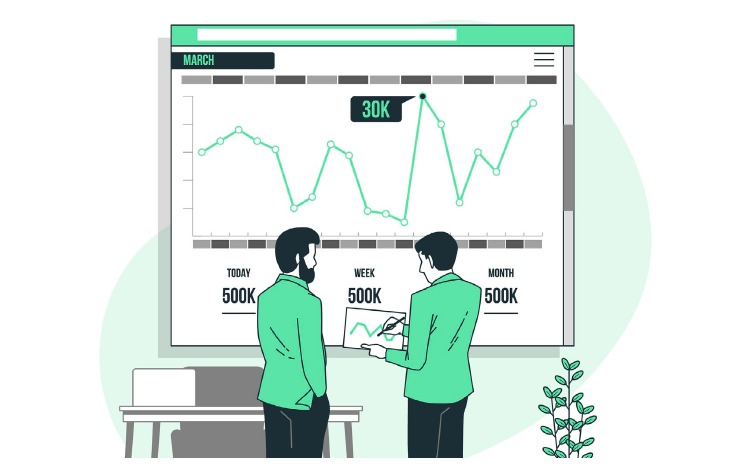Introduction
On March 28, 2025, President Bola Ahmed Tinubu signed the Investment and Securities Bill (ISB) 2025 into law, replacing the 2007 legislation. The new Investment and Securities Act (ISA) 2025 introduces a modern regulatory framework aimed at enhancing transparency, investor protection, and capital market oversight. It aligns Nigeria’s capital markets with global developments in fintech, digital assets, and financial infrastructure, while strengthening the Securities and Exchange Commission’s (SEC) supervisory powers.
Key Reforms and Innovations
- Digital Asset Regulation: Digital and virtual assets are now formally recognized as securities. Operators in this space are required to register with the SEC, bringing digital asset activities within the regulatory perimeter of Nigeria’s capital market framework. This development aligns Nigeria with global trends in financial technology and establishes a clearer and more structured framework for digital asset operations.
- Cross-Border Capital Raising Oversight: Entities intending to offer or list shares of Nigerian public companies on foreign exchanges must now obtain prior approval from the SEC, reinforcing regulatory visibility in cross-border transactions.
- Classification of Securities Exchanges: The Act introduces a two-tier structure: Composite exchanges, which may trade all categories of securities (e.g., equities, debt, derivatives, digital assets), and non-composite exchanges, which are limited to specific asset classes such as commodities. This distinction enhances regulatory clarity, supports exchange specialization, and enables more targeted SEC oversight based on the scope of each exchange’s activity.
- Financial Market Infrastructure (FMI) Safe Harbour: Transactions involving FMIs—such as clearing, settlement, and collateral arrangements—are protected from general insolvency laws, improving systemic stability.
- Stricter Sanctions for Unregulated Investment Schemes: The Act introduces specific offences and penalties targeting Ponzi schemes, unregistered crowdfunding, and similar activities.
- Foreign Collective Investment Schemes: Foreign schemes targeting Nigerian investors must register with the SEC or risk penalties.
- Expanded Investor Protection Fund (IPF): Securities exchanges are required to maintain an IPF to compensate investors in the event of member firm insolvency, fraud, or license revocation.
- Mandatory Use of Legal Entity Identifiers (LEIs): All market participants must use LEIs to improve traceability, transparency, and compliance with anti-money laundering frameworks.
- SEC Oversight of Public Company Governance: The SEC now has authority to appoint independent directors, place directors on probation, or remove board members involved in mismanagement of public companies.
- Whistleblower Protection: The Act introduces protections for individuals who provide the SEC with credible information on capital market violations.
- Wider Scope of Prohibited Conduct: The scope of capital market misconduct now includes not just insider trading, but also market manipulation, misleading disclosures, and failure to file insider activity reports.
Implications for Market Participants and the Nigerian Economy
- Investors may benefit from stronger enforcement tools, clearer disclosures, and expanded market access. For instance, the Act criminalizes Ponzi schemes and other unlawful investment practices, prescribing severe penalties for violators.
- Issuers and Operators gain more structured fundraising pathways, including recognition of digital asset products.
- The broader economy may see improved market liquidity, deeper participation, and increased innovation in product design and public infrastructure financing.
Staying Compliant with SimmonsCooper Partners
The enactment of the ISA 2025 introduces new regulatory expectations for capital market participants and investors alike. Whether you are operating in traditional or digital asset spaces or considering capital raising or investment opportunities under the new regime, aligning with the Act’s provisions is essential. For specific guidance, contact us at info@scp-law.com or visit www.scp-law.com.





